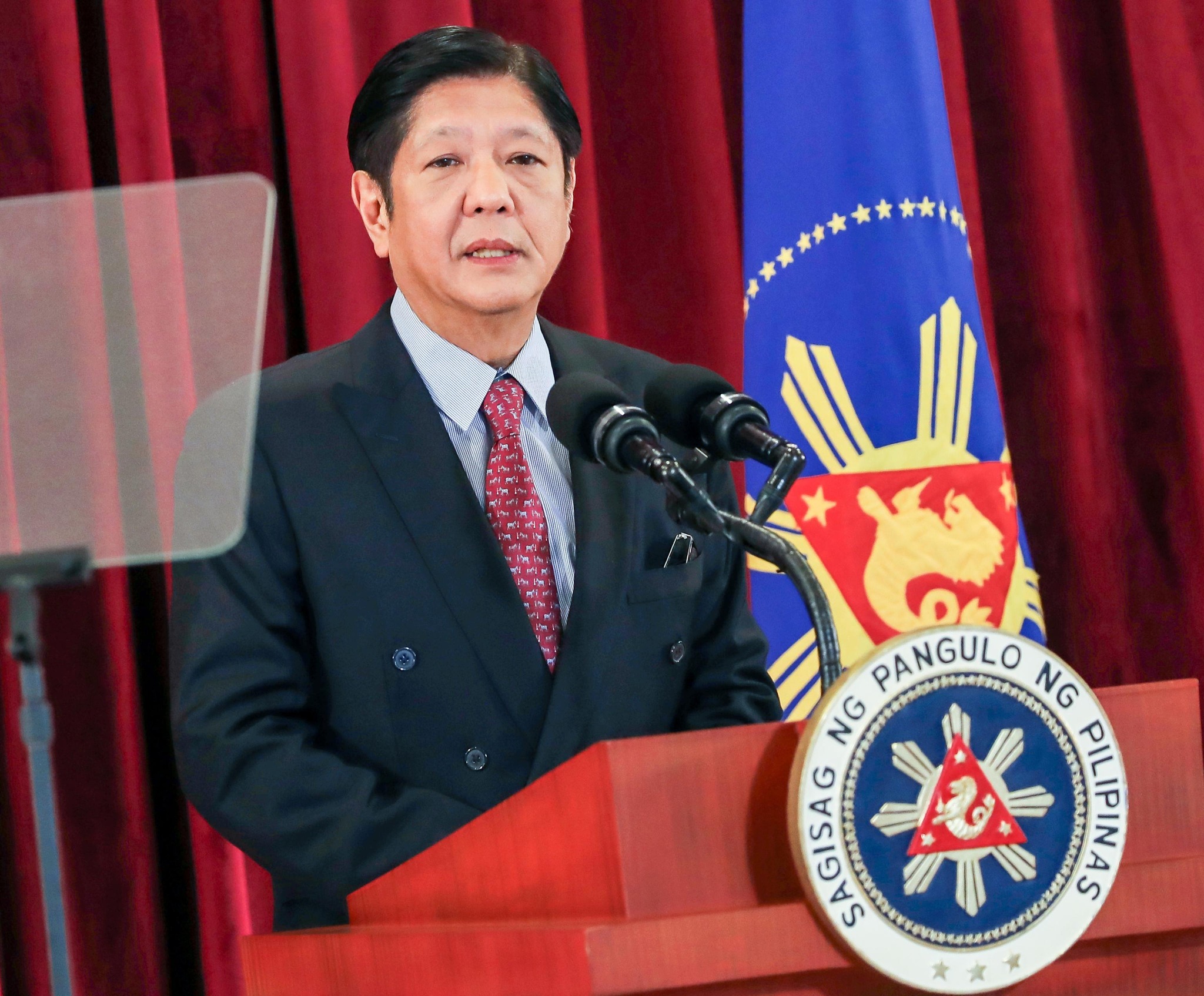Headline
US, China urged to engage in dialogue to limit nuclear arms build-up

President Ferdinand R. Marcos Jr. (PCO Photo)
MANILA – The United States and China both play an important role in maintaining strategic stability and limiting the proliferation of nuclear arms, President Ferdinand R. Marcos Jr. said on Monday.
Speaking at the Lowy Institute in Australia, Marcos said it is time to bring Indo-Pacific issues to the fore of global conversations on nuclear disarmament.
“Amidst the alarming reversal of the historic trend of decreasing nuclear stockpiles in the region, we must remember that the tragic humanitarian consequences of nuclear weapons use were borne by peoples of this region, the hibakusha of Hiroshima and Nagasaki, and the victims of nuclear tests in the Pacific,” Marcos said.
“It is time to bring Indo-Pacific issues to the fore of global conversations on nuclear disarmament. The People’s Republic of China and the United States must engage in meaningful dialogue to maintain strategic stability, and to limit any nuclear arms build-up,” he added.
The President assured that the Philippines and Australia, along with Japan, are at the forefront of efforts to reduce nuclear risks in the region.
He added that nuclear risks demonstrate the need for great powers to manage their strategic competition responsibly.
The President, meanwhile, also urged the Indo-Pacific community to ensure that the “great powers” do not treat the world as an “arena for their competition.
”
He said that “the pursuit of the great powers’ respective strategic goals must never come at the expense of the interests of smaller states, nor of regional and international peace” as he underscored the importance of “put things into the proper perspective.”
“Great power rivalries constitute only one of several storms that render turbulent the waters that confront humanity’s common journey at this crucial juncture,” Marcos said.
“In addition to widening geopolitical polarities and sharpening strategic competitions, we are also confronted with uncertainties posed by transformative technologies and the existential threat of climate change, even as persistent inequities and inequalities within and among our nations remain unresolved,” he added.



























